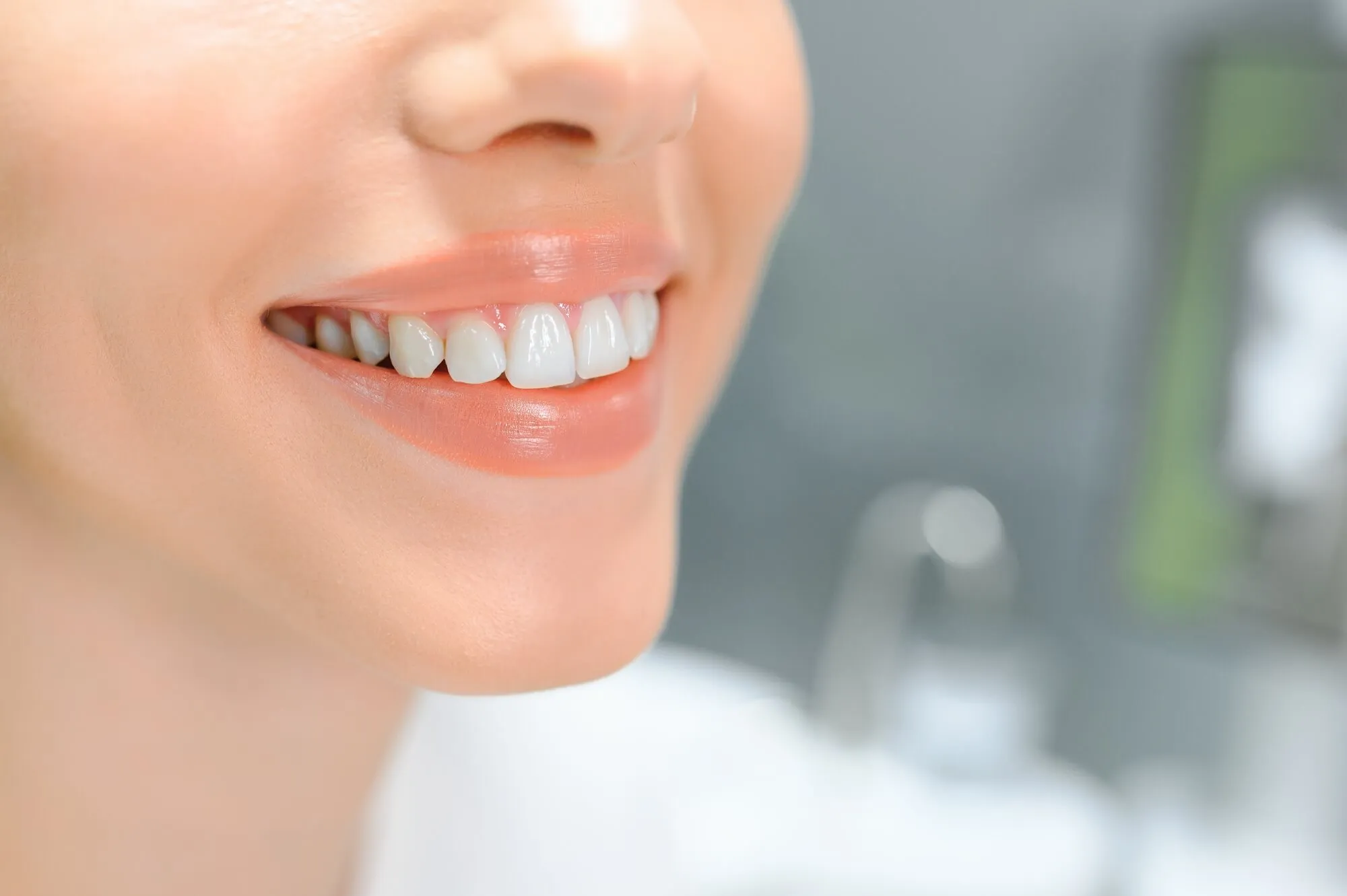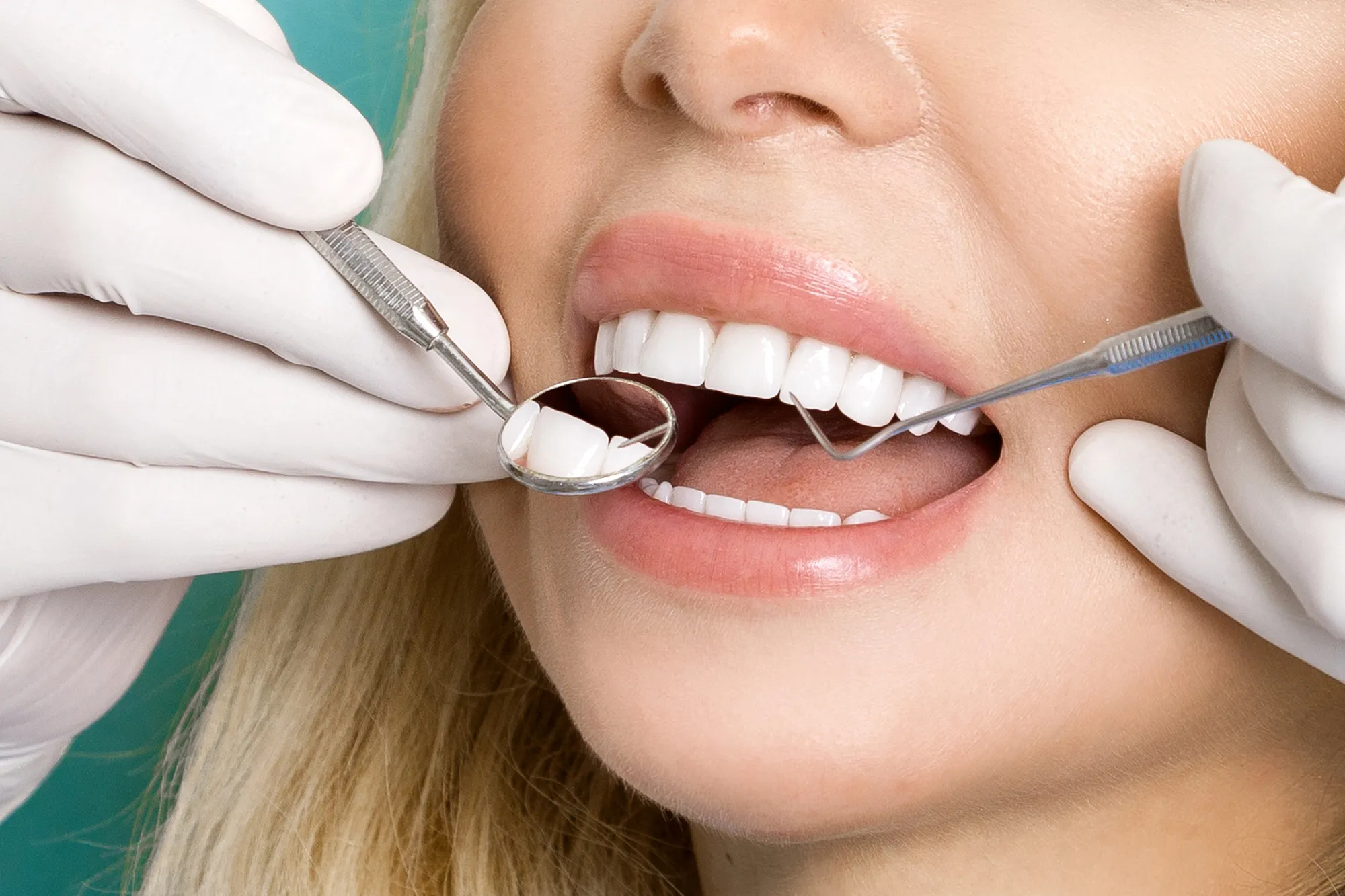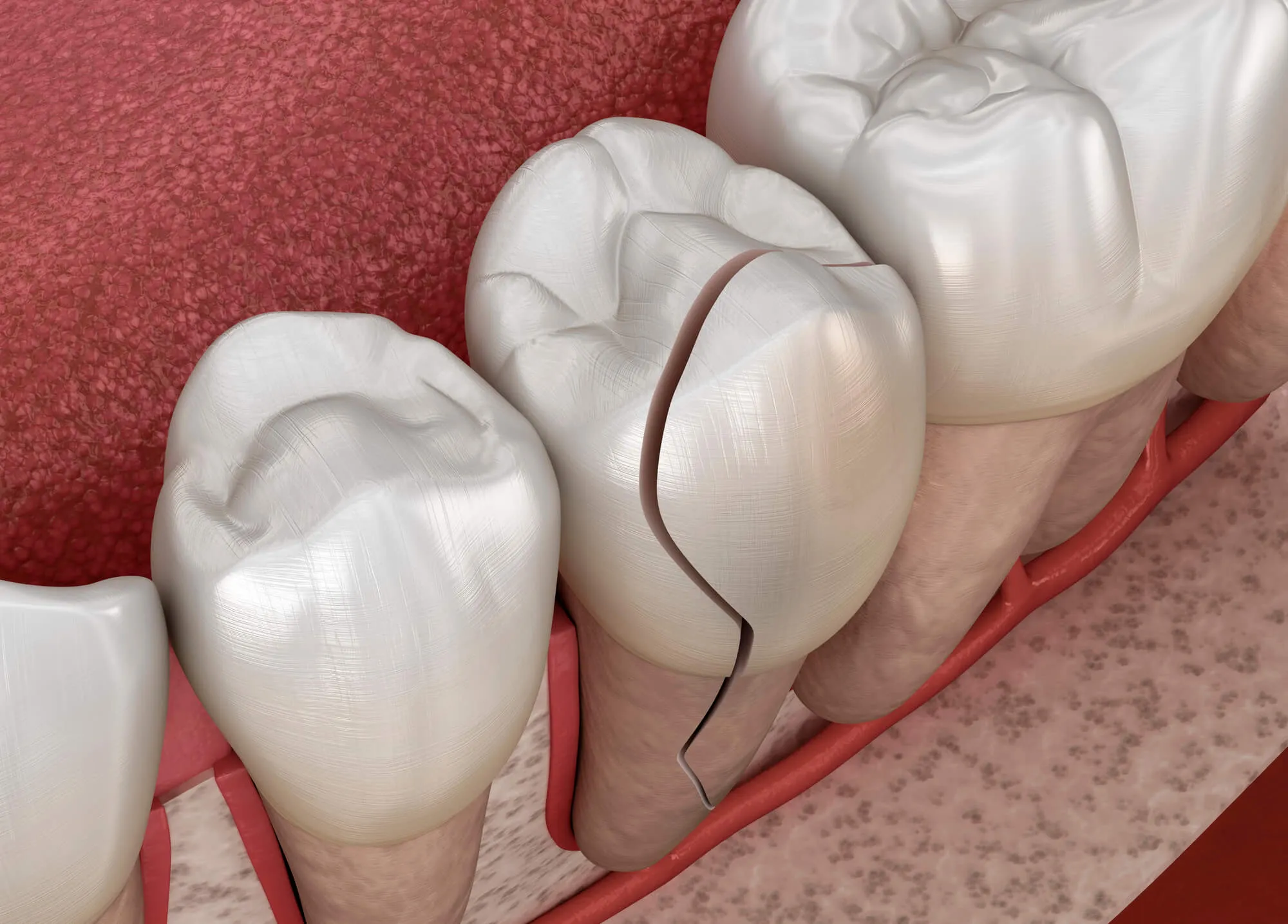
Dental Emergencies: Causes, Treatments, and Preventions
A sudden toothache, a cracked crown, or an accident that leaves you holding a tooth in your hand, dental emergencies never happen at a convenient time. In those moments, pain and worry can take over, making it hard to know what to do first. If you need fast, professional care, finding an emergency dentist in Greensboro, NC, can make all the difference. Understanding the common causes, how they’re treated, and how to prevent them can help you protect your smile when the unexpected happens.
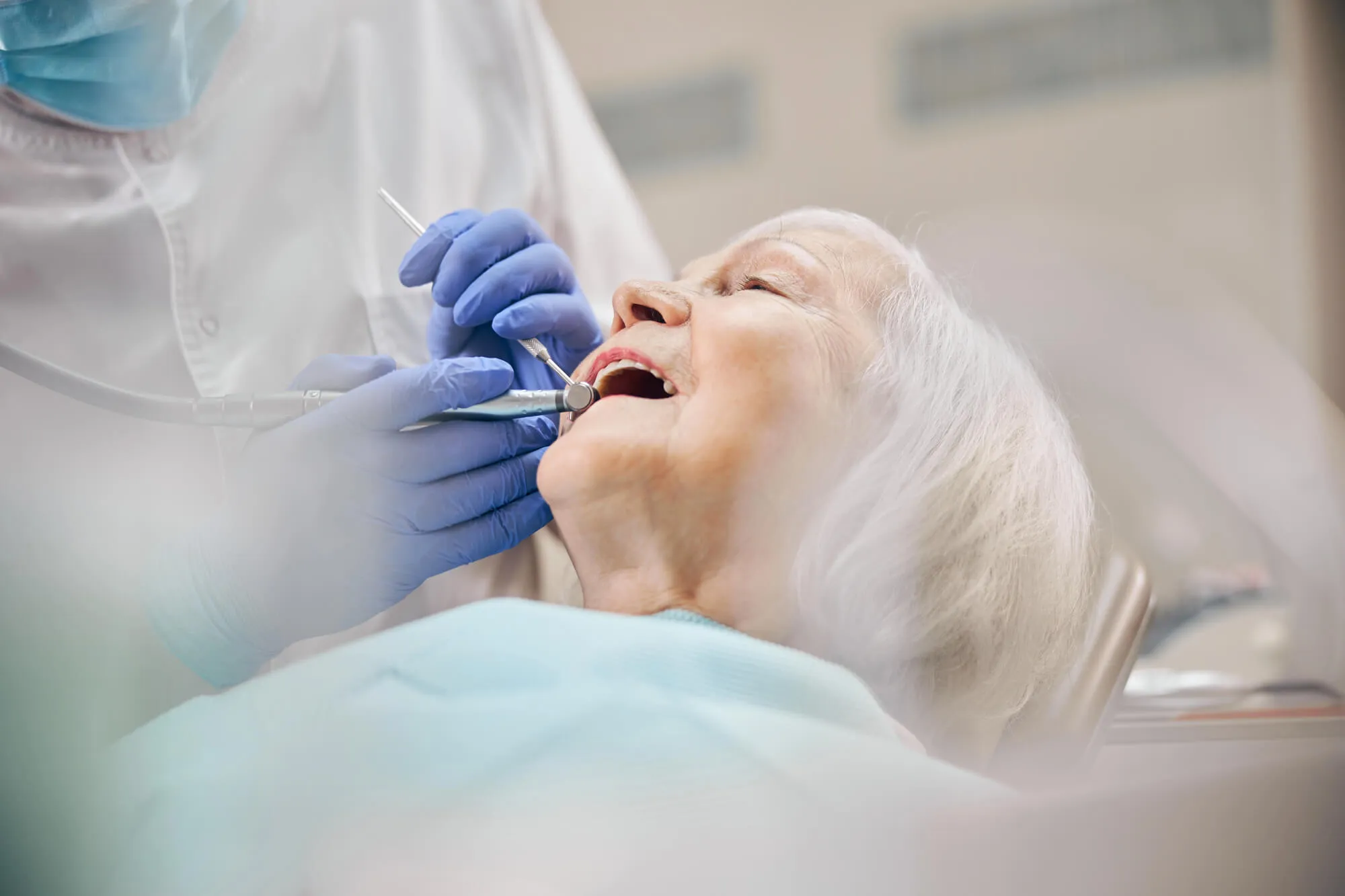
Common Causes of Dental Emergencies
Dental emergencies can develop suddenly or build up over time. Here are some of the most frequent triggers:
Severe Tooth Decay and Infection
When cavities extend deep into the tooth, bacteria can reach the pulp—the inner tissue containing nerves and blood vessels. This can cause sharp pain, swelling, and sensitivity. Without prompt care, an infection may lead to an abscess, which requires urgent treatment to prevent the spread of bacteria and protect oral health.
Trauma or Accidents
Sports injuries, falls, or biting hard foods can chip, crack, or completely dislodge a tooth. Quick action can improve the chances of saving it, especially if the tooth is handled carefully and kept moist. Timely professional intervention helps reduce complications and restore both the function and appearance of the smile.
Lost or Damaged Restorations
Fillings and crowns shield weakened teeth from decay and further breakage. If these restorations loosen or fall out, the exposed tooth can become highly sensitive and vulnerable to damage. Seeking immediate dental care allows for proper replacement, preventing worsening of the condition and maintaining the tooth’s overall structural integrity.
Gum and Soft Tissue Injuries
Accidental bites, slips, or sharp objects can injure the lips, tongue, or cheeks, causing bleeding and discomfort. Some cases heal quickly, but deep or persistent wounds may need stitches. Professional care ensures the injury is cleaned, protected, and monitored to promote proper healing and avoid the risk of infection.
How Emergency Dentists Treat Urgent Dental Problems
An emergency appointment focuses on relieving discomfort, preventing further harm, and restoring normal function as quickly as possible. The treatment plan depends on the specific issue, but these are some common approaches:
Restoring a Damaged Tooth
Dentists may recommend bonding, veneers, or crowns for chipped or broken teeth to restore appearance and strength. Bonding uses tooth-colored resin to fill in cracks or chips, while veneers and crowns offer more extensive coverage for larger breaks. The choice depends on how deep the damage is and whether the root has been affected.
Root Canal Therapy
When decay or injury reaches the tooth’s pulp, a root canal can remove infection while keeping the natural tooth in place. This involves cleaning out the damaged tissue, disinfecting the inside of the tooth, and sealing it to prevent reinfection. Root canal therapy is often followed by a crown for added protection and durability.
Tooth Extractions
If a tooth is too damaged to repair, an extraction may be the best option to safeguard surrounding teeth and gums. The procedure is done with care to reduce discomfort, and replacement options such as dental implants or bridges can be planned to restore the smile and maintain proper bite function.
Replacing Lost Restorations
When a filling or crown comes loose, it can often be replaced or re-cemented in the same visit. In some cases, a temporary restoration is placed to protect the tooth until a permanent one can be made.
Managing Soft Tissue Injuries
Cuts or tears in the lips, cheeks, or tongue can be cleaned, treated, and stitched if needed. Dentists also provide guidance for at-home care to reduce swelling, control bleeding, and support proper healing.
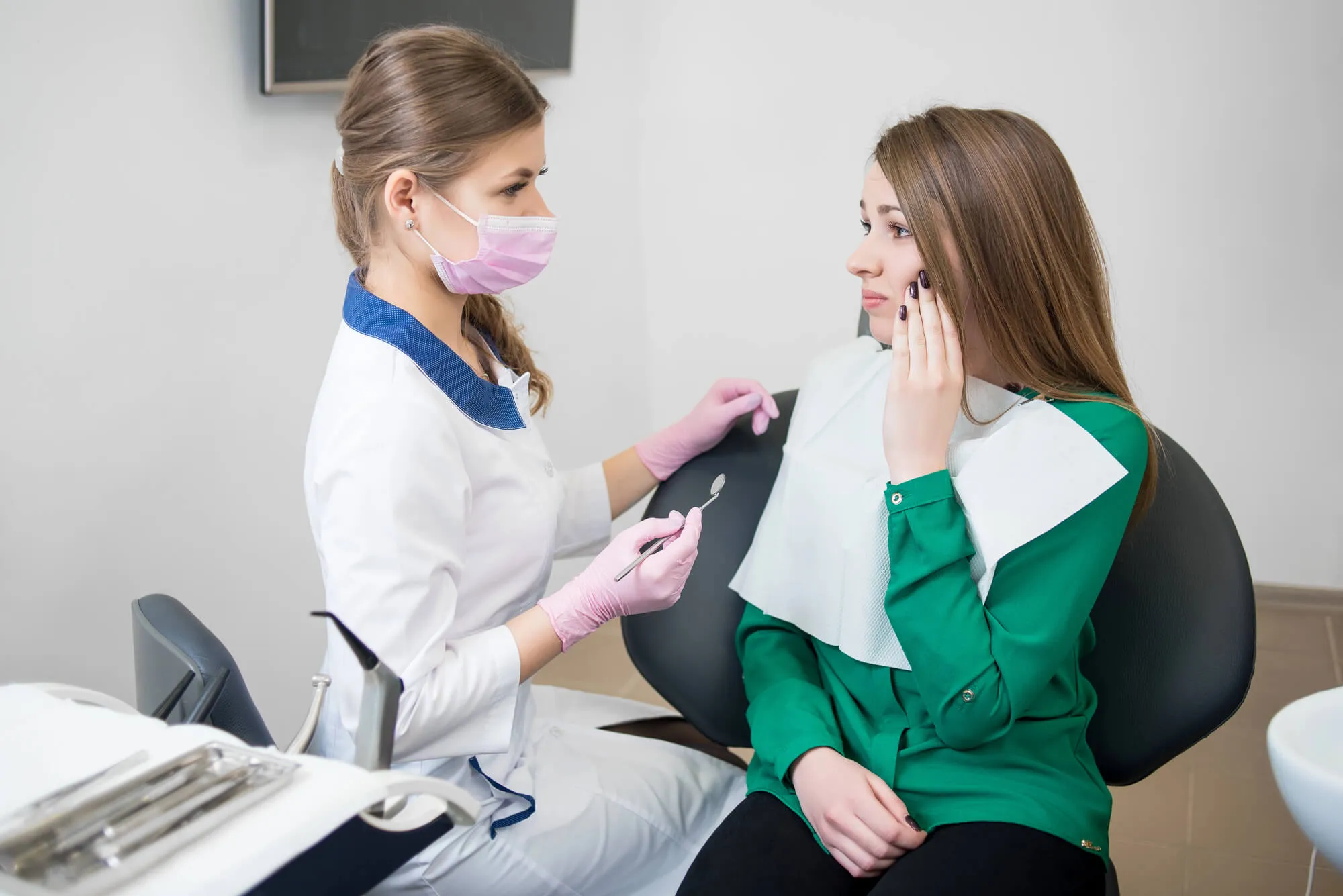
Immediate Steps to Take Before Reaching the Dentist
Acting quickly can make a big difference in the outcome of a dental emergency:
For a Knocked-Out Tooth
Handle the tooth by the crown, not the root. Rinse gently if dirty, and try placing it back in the socket. If not possible, keep it in milk or saliva until you see the dentist.
For a Cracked or Broken Tooth
Rinse with warm water and apply a cold compress to reduce swelling. Avoid chewing on the affected side.
For Severe Toothache
Rinse with warm salt water and use a cold compress for swelling. Over-the-counter pain relievers can help temporarily.
For Lost Fillings or Crowns
Keep the area clean and avoid hard or sticky foods. Over-the-counter dental cement can offer temporary protection.
For Soft Tissue Injuries
Apply gentle pressure with clean gauze to stop bleeding. A cold compress can help with pain and swelling.
Prevention Tips for Avoiding Dental Emergencies
While not every dental emergency can be prevented, many can be minimized by following consistent, healthy habits that protect your teeth and gums.
Maintain Regular Check-Ups
Routine dental visits do more than clean your teeth—they allow your dentist to spot small problems before they become urgent. Early detection of cavities, cracks, or gum inflammation means treatment can be done quickly and comfortably. Skipping check-ups often allows minor concerns to progress into emergencies.
Wear Protective Gear
A custom-fitted mouthguard offers essential protection if you play contact sports or grind your teeth at night. It cushions your teeth from impact, reducing the risk of chips, fractures, and tooth loss. A mouthguard can be a smart investment in long-term oral health, even for non-contact activities.
Avoid Using Teeth as Tools
Your teeth are designed for eating, not for opening bottles, tearing plastic, or chewing ice. These habits place excessive pressure on the enamel, making it more likely to crack or break. Keeping scissors or other tools handy can prevent unnecessary stress on your teeth.
Practice Good Oral Hygiene
Brushing twice daily, flossing once a day, and eating a nutrient-rich diet support healthy teeth and gums. These habits help keep harmful bacteria under control and reduce the chances of decay or gum disease. A healthy mouth is far less likely to experience sudden pain or damage.
Address Dental Issues Promptly
Even small concerns like sensitivity, minor chips, or a slightly loose filling should be evaluated quickly. Early intervention prevents worsening damage, saving you from more invasive and costly treatment later.
When to Call an Emergency Dentist Immediately
If you experience any of the following, don’t wait for a regular appointment:
- Severe or persistent tooth pain
- Swelling in the face or jaw
- A knocked-out or loose tooth
- Broken or cracked teeth causing pain
- Heavy bleeding from the mouth
- Signs of infection, such as pus or fever

Looking for an Emergency Dentist in Greensboro, NC?
Dental emergencies can be stressful, but having a plan and knowing what to expect can make them easier to manage. Whether it’s a sudden accident or a long-standing issue, prompt care can relieve pain and help protect your oral health.
At Layth Saraf, DMD, we believe that every patient deserves prompt, compassionate care—especially in urgent situations and you deserve the best dentist in Greensboro, NC. Our team is here to ease discomfort, protect your smile, and provide solutions that support both immediate relief and long-term health. If you’re facing a dental emergency, contact us today so we can help you feel comfortable and confident again.
.jpg)


